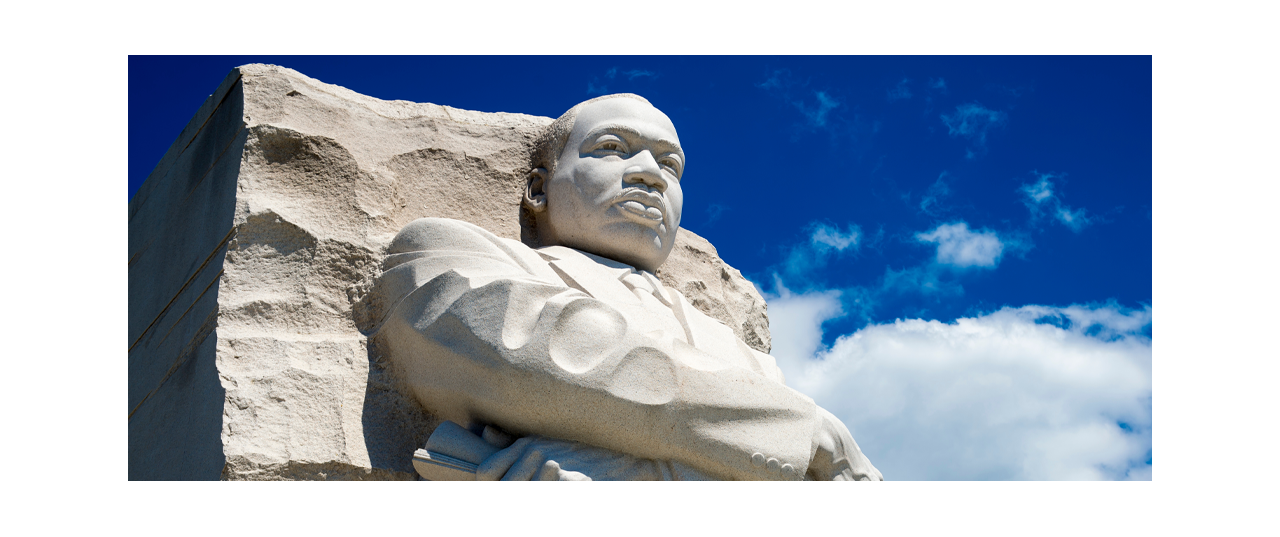
Martin Luther King Jr. stated in his book Strength to Love, “The ultimate measure of a man is not where he stands in moments of comfort and convenience but where he stands at times of challenge and controversy.” This specific quote has been a core principle during my lifetime, and I have quoted it numerous times over the past year. Whether we call it comfort and convenience or “way of life,” the COVID-19 pandemic and other trials and tribulations during 2020 have drastically impacted how many of us conduct ourselves professionally and personally. These challenges will likely have a long-term effect on us, and how we handle these obstacles now will have a tremendous impact on our future.
As healthcare leaders across the country work to meet the challenges of the pandemic, two core principles have been paramount for me as I navigate this new reality: flexibility and perseverance.
Whether we realized it or not, prior to COVID-19, our personal and professional lives were extremely compartmentalized. For most of us, we went to work, our children went to school and we reconvened together as a family later in the day. Our workdays were filled with numerous in-person meetings. The use of virtual technology in both the clinical and administrative settings, though increasing, was not as widely accepted pre-pandemic as it is today. Today virtual technology is an integral part of society that has been key to managing disruption during this difficult time.
A paper published by the National Bureau of Economic Research in June of 2020 found, “Of those employed pre-COVID-19, we find that about half are now working from home, including 35.2% who report they were commuting and recently switched to working from home.” This new scenario has pushed our previous idea of what flexibility means to new bounds. Healthcare leaders have had to explore new ways of communicating crucial information, collaborating to find solutions and engaging team members in these remote environments. Although it hasn’t always been easy, the constraints of the situations have forced many leaders to identify what is most important, refocus their strategies and streamline their processes.
For so many of us, the flexibility demonstrated by our teams and organizations has been a byproduct of our collective perseverance to serve our patients and communities during one of the most difficult times imaginable. Perseverance is defined by the Cambridge English dictionary as “continued effort and determination.” This definition has been exemplified by the fearless healthcare professionals who have pushed through challenging times for our families and teammates. We all have thoroughly exercised the “duties as assigned” category of our job descriptions more than ever before. Whether faced with reassignment to alleviate staffing shortages or the daunting prospect of having to implement new strategies to expand COVID-19 testing, healthcare workers have done whatever was necessary to provide safe, high-quality care. These have been trying times, but these are the times that ultimately reveal how we measure up—and we are truly better for it.
I truly feel that the lessons learned during 2020 will benefit healthcare as an industry. As we move into the upcoming months and years, I encourage my fellow leaders to take time to reflect on the initial quote by Dr. King and ask yourselves, “How will I measure up?”
And when the challenges ahead seem too great to overcome, I offer another nugget of wisdom from Dr. King: “If you can't fly then run, if you can't run then walk, if you can't walk then crawl, but whatever you do, you have to keep moving forward.”
Brian N. Middleton is vice president of operations for Atrium Health’s Musculoskeletal Institute in Charlotte, N.C. (brian.middleton@atriumhealth.org).
